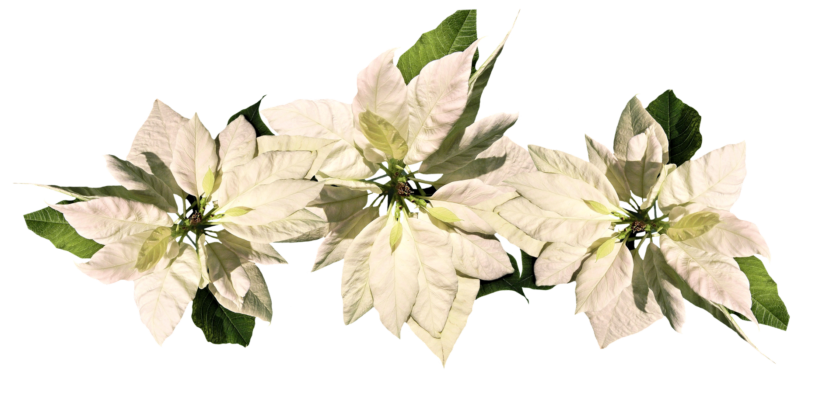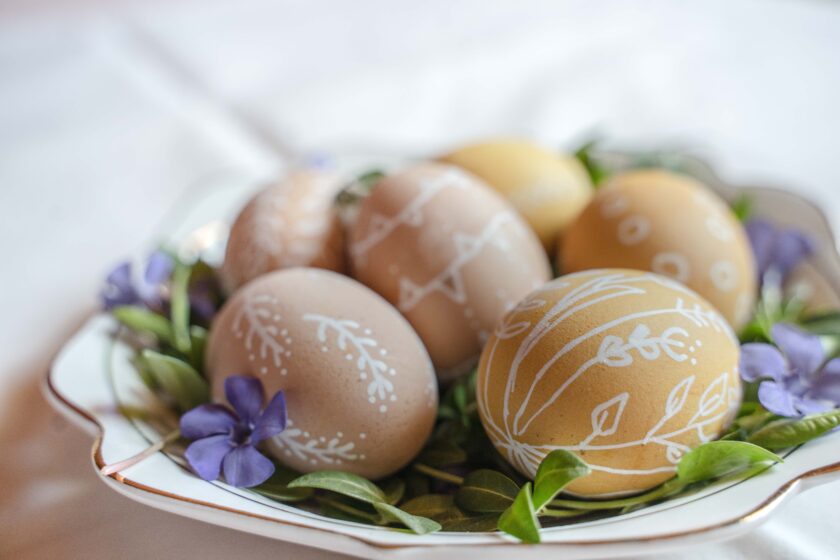![]()
The blessing of the Easter food, or the “Swieconka” is a tradition dear to the heart of every Pole. Being deeply religious, he is grateful to God for all His gifts of both nature and grace, and, as a token of this gratitude, has the food of his table sanctified with the hope that spring, the season of the Resurrection, will also be blessed by God’s goodness and mercy.
Traditions vary from village to village and family to family. They have changed and evolved with each passing generation. Traditionally the food is brought to the church in a basket, often decorated with a colourful ribbon and sometimes sprigs of greenery are attached, with a linen cover drawn over the top (hence “The Traditional Polish Easter Basket”) and blessed by the parish priest on Holy Saturday morning. The food can also be blessed in the home. After the blessing, the food is usually set aside until Easter morning when the head of the house shares the blessed egg, symbol of life, with his family and friends. Having exchanged wishes, all continue to enjoy a hearty meal.
The foods traditionally blessed for Easter can be reduced to three categories:
Easter bread and cakes of all kinds – particularly babka
Meat products, like ham, stuffed veal, suckling pig or lamb, sausage, bacon, etc.;
Dairy products, like butter, cheese (“hrudka” cheese cake), eggs – some shelled, some decorated (“pisanki”); etc.
The blessing of Easter food is one of our most beautiful and most meaningful customs with which our devoted ancestors have enriched us. This centuries old custom is indeed richly symbolic and has a deep liturgical and spiritual meaning. It is one in which the whole family can participate and help prepare. Let us preserve these customs so that they may endure for many generations to come.
All of us can enjoy this beautiful Polish custom by participating at the blessing of the Easter food “Swieconka” at the Polish church nearest you. This is an excellent way to teach the younger members of your family about this treasured Polish tradition. Remember, it is up to us to teach our customs to our children.



